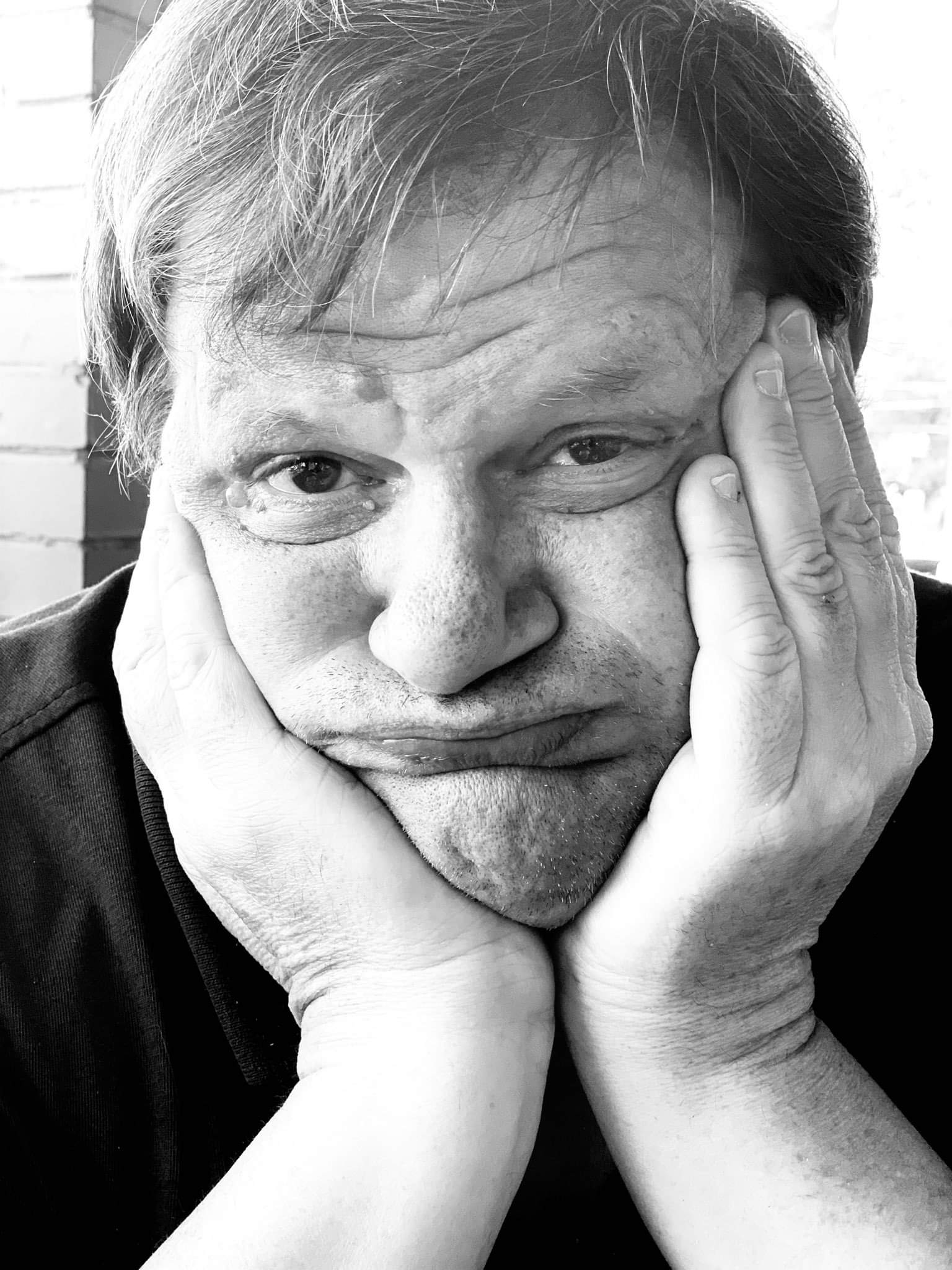"The United States has great strength and patience, but if it is forced to defend itself or its allies, we will have no choice but to totally destroy North Korea."
--President Donald J. Trump
United Nations General Assembly
September 19, 2017
Well, that certainly got everyone's attention. Not as snappy as Trump's almost Biblical threat to unleash "fire and fury" on Pyongyang, but considering this was Trump's first address before the UN, definitely impressive.
We have been here before. In the early 1960s, the US weighed a military attack on another Asian Communist nation that had the temerity to pursue nuclear weapons. That episode provides lessons for dealing with North Korea today.
The People's Republic of China (PRC) joined the nuclear club when it tested a bomb on October 16, 1964. From the very beginning of his Presidency, John F. Kennedy sought ways, including a possible preemptive air strike, to stop China from getting the bomb.
Since an unprovoked attack by the US would hand the Communists a propaganda victory, JFK wanted an attack to be conducted in tandem with the Soviets.
JFK thought he had good reason to believe that Soviet Premier Nikita Khrushchev would cooperate with the US in bringing pressure on the Chinese. The late '50s and early '60s were the years of the burgeoning Sino-Soviet split when Beijing challenged Moscow for leadership of the world Communist movement. Kennedy thought that the US could exploit this growing rivalry to get the Soviets to join the US in attacking China's nuclear-research facilities. Because nothing brings two rival nations together like ganging up on a third.
Nevertheless, at their first meeting in Vienna in June 1961, Khrushchev defended his Chinese Communist allies, lashing out at Kennedy over US non-recognition of the PRC. Khrushchev's performance was made partly to reassert the Soviets' revolutionary cred and to refute Chinese accusations that the USSR was pro-American and soft on imperialism.
Bad ideas die hard. During the summer of 1963, the US prepared for negotiations with the Soviets on a nuclear test-ban treaty. Representing the US in the negotiations was Ambassador-at-Large W. Averell Harriman. A July 15, 1963, telegram from Kennedy to Harriman in Moscow directs Harriman to "try to elicit Khrushchev's view of means of limiting or preventing Chinese nuclear development and his willingness either to take Soviet action or to accept US action aimed in this direction."
Khrushchev seemed uninterested in discussing China and Harriman may have been afraid that pushing the matter would derail the treaty negotiations. Kennedy may have proposed a joint military operation against China during a private meeting with Soviet Foreign Minister Andrei Gromyko on October 10, 1963, but we do not know.
Has Trump tried to enlist China in a preventive attack on North Korea?
Kennedy's successor, President Lyndon Johnson, scrapped the idea of attacking China's nuclear installations. LBJ was satisfied that the much larger US nuclear stockpile would be an effective counterbalance to China's tiny arsenal of nuclear weapons.
The Johnson administration concluded that a nuclear China would not accelerate nuclear proliferation. They were right. It would be thirty years before another nuclear-armed state appeared in Asia. More nukes did pop up in Asia from time to time, but they were placed there by the US. The US deployed nuclear weapons to South Korea (1958-1991), Guam (1951-1977), and Okinawa (1954-1972).
(Note: You can view every article as one long page if you sign up as an Advocate Member, or higher).





